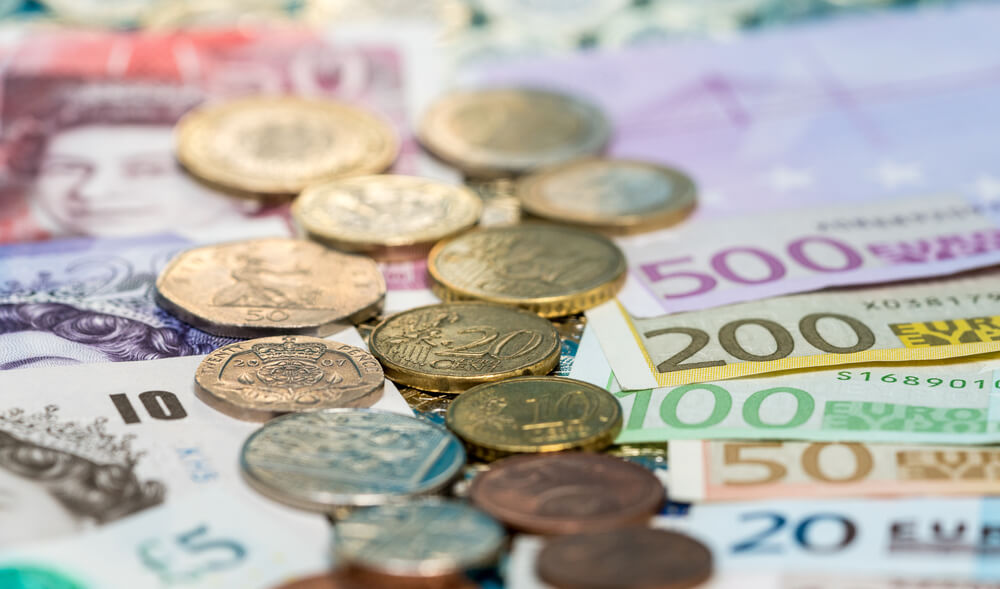In Germany, revised budget plans are pushing up new pandemic-related borrowing. The finance ministry document showed up to 240 billion euros this year following some 130 billions euros in 2020. This means that the country’s overall pandemic-related net new debt could exceed 450 billion euros from 2020 to 2022.
It is expected to continue massive deficit-spending in the COVID-19 pandemic.That is with a debt-financed supplementary budget of some 60 billion euros for this year. Additionally, a 2022 draft budget with net new debt of 81.5 billion euros, a document showed on Monday.
A third wave of coronavirus infections has been linked to a more infectious virus variant. Along with a slow vaccination rollout, these are complicating efforts to ease lockdown measures. This is also increasing costs for the federal government as it has already extended rescue and aid measures.
Finance Minister Olaf Scholz is ready to present the supplementary budget for 2021. He will also present the fiscal framework for 2022 on Wednesday.
Germany Plans to Extend Lockdown
According to a draft proposal, Germany plans to extend a lockdown into a fifth month. This is in order to contain COVID-19 infections following the number of new cases that exceeded levels that authorities say will cause hospitals to be overstretched.
For this quarter, the German economy is likely to shrink sharply. This is due to the pandemic-fighting curbs that are hitting the services sector. Additionally, even the booming construction industry is also slowing, the Bundesbank said on Monday.
Based on its latest monthly report, the German central bank seemed to have deserted its anticipations of a rebound in the spring. It has dropped references to the vaccination campaign, which has been beset not only with delivery delays but also with news reports of possible side-effects.
The Bundesbank said the Economy would Recover in the Spring
In last month’s report, the Bundesbank had said that the economy would recover in the spring. This was in hopes that coronavirus infections would fall and vaccines would be distributed.
The measures to contain the pandemic are tighter on average in the current quarter than in the previous one. Therefore, the economic output in the Q1 of 2021 is likely to decline steeply, particularly in the contact-intensive service sectors. This was a statement from the Bundesbank.
An increase in sales tax had probably contributed to a substantial decline in construction in January. Increase in sales tax had been temporarily cut last year.
In the first month of the year, industrial production also eased. However, order intake was strong, said Bundesbank. Moreover, exports of goods increased, it added.
The exception though, was export of goods to Britain, falling by almost a quarter in January. That was the first month after it left the European Union single market.
The Bundesbank says Germany is slumping on anti-virus curbs.
















